A new book published today by the Institute of Economic Affairs called In Focus: The Case for Privatising the BBC includes a chapter by the economist Ryan Bourne on the BBC’s left-of-centre bias. As you’d expect, Bourne’s contribution includes plenty of fascinating data, such as the fact that ‘Thought for the Day’ contributors are eight times more likely to offer a negative view of market-based and capitalist activity than a positive view.
However, Bourne doesn’t accuse the Beeb of straightforward left-wing bias. Its partiality is more subtle and complicated than that. He cites an example of the BBC’s coverage of immigration provided by Roger Mosey, a former editorial director. In his recent memoir about working for the broadcaster (Getting Out Alive), Mosey recalls overseeing an evening news report about the impact of immigration in a racially diverse part of Britain. The package featured only one white working-class voice, who said he was ‘perfectly happy’ about current levels. Mosey asked the reporter whether this was representative of the white working-class people he’d interviewed and the reporter admitted it wasn’t. The problem was, all the other vox pops had been ‘fairly rabidly racist’ so couldn’t be used.
Not a representative view, then, but not necessarily a left-wing one. Bourne points out that his own organisation, the IEA, is both pro-capitalist and pro-immigration, as most classical liberals are. Then again, most BBC news editors probably don’t realise that there are pro-immigration voices on the right and they certainly don’t invite them to discuss the issue very often. So their lack of partisan bias on this issue could just be a mistake.
The same ambiguity applies when it comes to the EU. Bourne commissioned a research company called Newswatch to analyse the discussion of the EU on the Today programme between March 2004 and last June. In the monitored sample, 4,275 guests appeared to talk about the EU, of whom just 132 were in favour of British withdrawal. That’s 3.2 per cent of the total, even though opinion polls in the same period put the level of public support for withdrawal at between 33 and 50 per cent. Of those 132, some 95 were members of Ukip and over a third of the pro-Brexit contributions were from one man, Nigel Farage.
Again, that’s not really an example of partisanship because plenty of senior Tory politicians are pro-EU. It’s a bias in favour of the views of the metropolitan elite, both Labour and Conservative, and against those perceived to be unsophisticated and uneducated. And, of course, it’s not conscious. As former Today editor Rod Liddle says: ‘The BBC’s bias was arrived at through a sort of inherent wet liberalism, rather than an actual plot, as such.’ The same observation has been made by Andrew Marr, who acknowledges the Beeb has ‘an innate liberal bias’, but attributes it to the fact that, as a publicly funded urban organisation, it has ‘an abnormally large proportion of younger people, of people in ethnic minorities and almost certainly of gay people’.
What can be done about this? Bourne and his colleagues think the BBC should be privatised but, as he points out, that wouldn’t necessarily solve the problem. Tim Groseclose, an American media analyst, wrote a book on this subject in which he concluded that the vast majority of US national news organisations leaned to the left when benchmarked against the views of the general public. The truth is, the Beeb would probably still suffer from a liberal bias even if it was owned by Rupert Murdoch because of where it draws its workforce from. It’s also worth bearing in mind that the broadcaster’s stellar global brand is partly contingent upon its sophisticated, metropolitan viewpoint being preserved. If it suddenly became more like Fox News, or gave off a less de haut en bas air, it wouldn’t be so revered by opinion leaders around the world, most of whom share the BBC’s liberal biases.
Nevertheless, Bourne thinks the Beeb should be sold off. As a private company, its dominant position in the media market would lead to competition concerns and it would probably be reduced in size. In addition, is it fair to ask the man in the street to fund an organisation that regularly expresses contempt for his views? I’m undecided on the issue, but there’s no doubt that Ryan Bourne has written a thought-provoking essay.
Got something to add? Join the discussion and comment below.
Get 10 issues for just $10
Subscribe to The Spectator Australia today for the next 10 magazine issues, plus full online access, for just $10.
Toby Young is associate editor of The Spectator.
You might disagree with half of it, but you’ll enjoy reading all of it. Try your first month for free, then just $2 a week for the remainder of your first year.


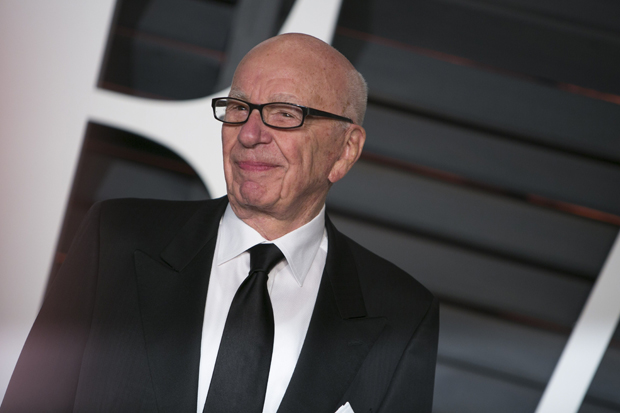
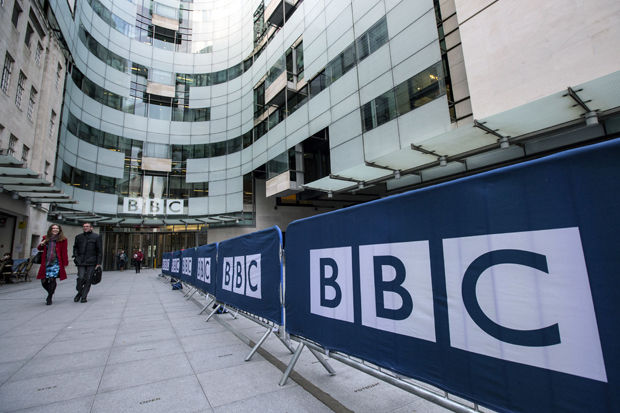


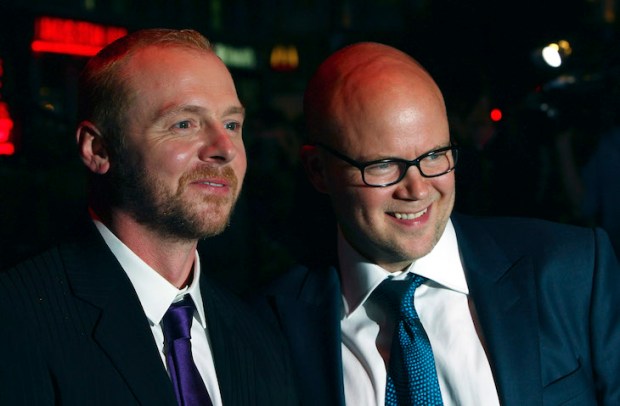
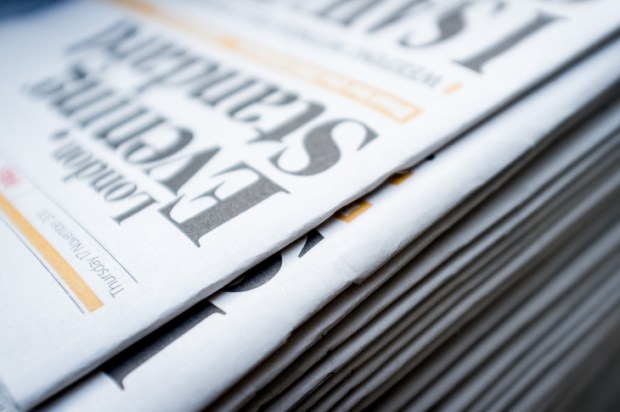
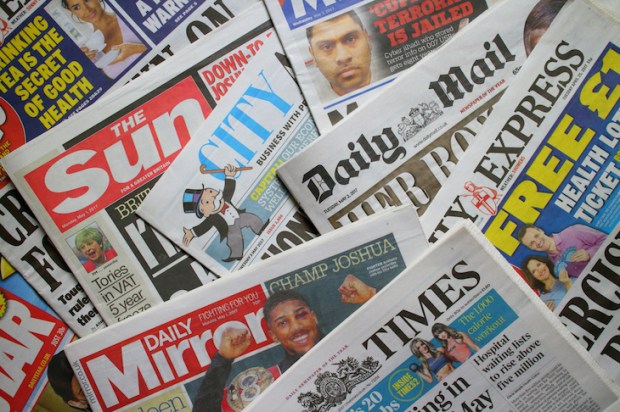






Comments
Don't miss out
Join the conversation with other Spectator Australia readers. Subscribe to leave a comment.
SUBSCRIBEAlready a subscriber? Log in